May 9, 2019
Property investors cool on issue of climate change
 According to a RICS global survey of Commercial and Construction market professionals, in the UK, 47 percent of respondents reported that climate change risks are not important or irrelevant for investors. In addition, while 25 percent reported that there is more interest in energy efficient buildings than two years ago, 37 percent noted that investment into energy efficient buildings was limited to niche investors. The study concludes that it still appears that other considerations take precedence in the UK for investors, and the UK is lagging behind China and Hong Kong in this area, where 41 percent reported that energy efficient buildings are increasingly seen as an attractive form of investment. The issue of responsible investment, will be being discussed on the 13 and 14 May at the RICS World Built Environment Forum, Summit in New York. (more…)
According to a RICS global survey of Commercial and Construction market professionals, in the UK, 47 percent of respondents reported that climate change risks are not important or irrelevant for investors. In addition, while 25 percent reported that there is more interest in energy efficient buildings than two years ago, 37 percent noted that investment into energy efficient buildings was limited to niche investors. The study concludes that it still appears that other considerations take precedence in the UK for investors, and the UK is lagging behind China and Hong Kong in this area, where 41 percent reported that energy efficient buildings are increasingly seen as an attractive form of investment. The issue of responsible investment, will be being discussed on the 13 and 14 May at the RICS World Built Environment Forum, Summit in New York. (more…)
















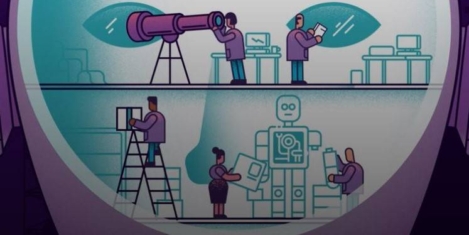
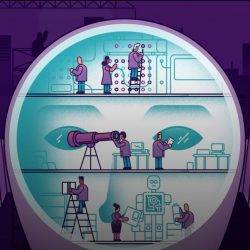
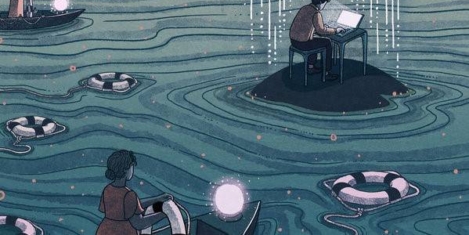



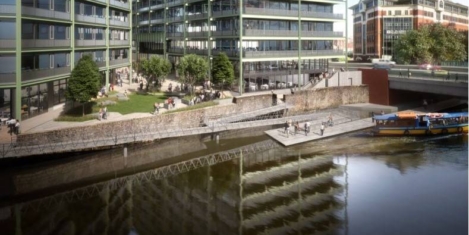



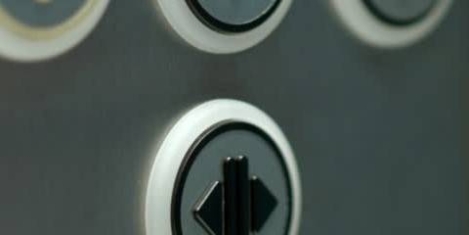
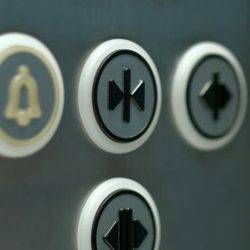









April 24, 2019
The meteor strike of coworking and the beasts that will remain
by Mark Eltringham • Comment, Flexible working, Property, Workplace design
(more…)